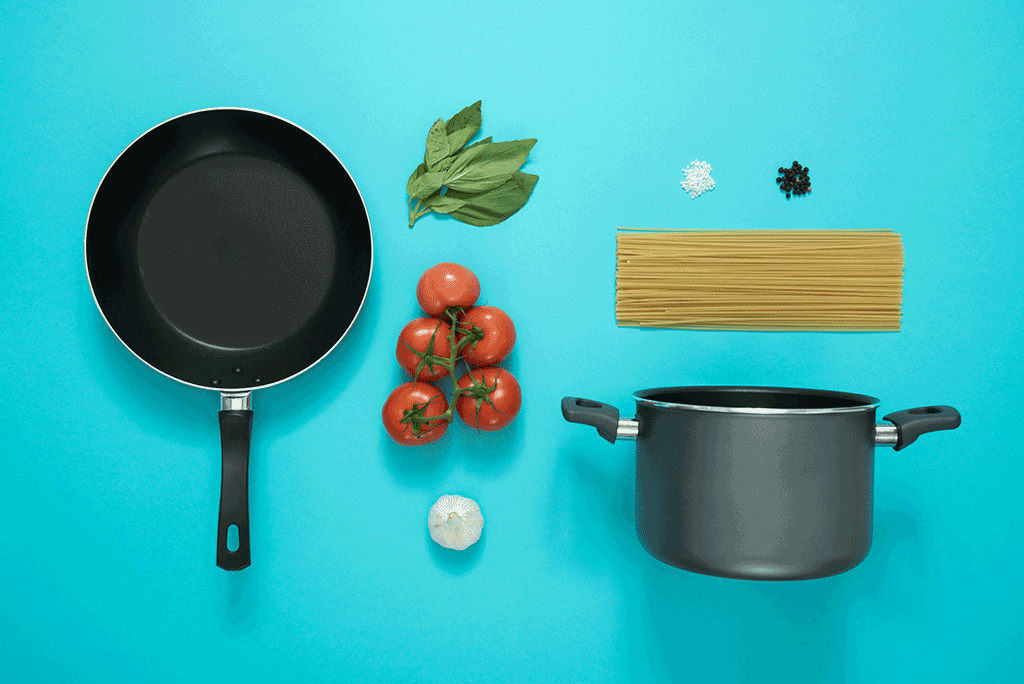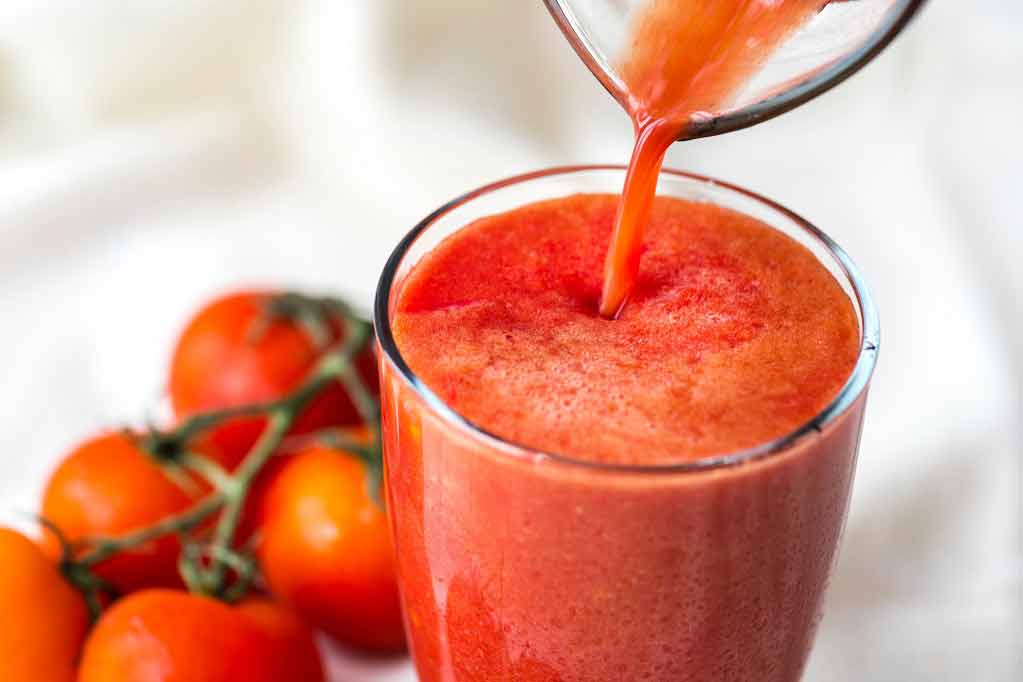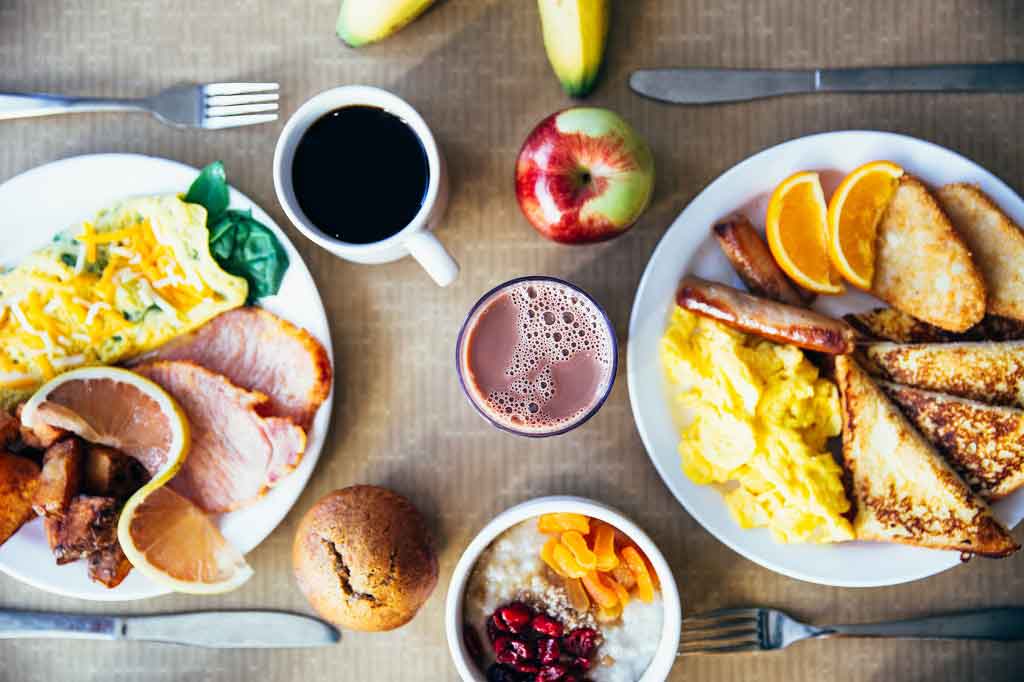Pasta unlikely to cause weight gain as part of a healthy diet
Food and diet

"Eating pasta may help with weight loss," The Independent reports.
"Eating pasta may help with weight loss," The Independent reports.
But what the headline fails to make clear is that researchers were looking at pasta in the wider context of people following a low glycaemic index (GI) diet.
A low-GI diet involves eating foods that don't release a large amount of sugar into the blood after eating, such as beans, fruit, lentils and indeed pasta.
The role of refined carbohydrates in the diet has been questioned in recent years. Carbohydrates such as white flour, rice and potatoes have been criticised by some dietary campaigners for causing weight gain, alongside sugar. But unlike sugar, carbohydrates in pasta are broken down and absorbed slowly into the bloodstream.
Researchers wanted to know what effect pasta had as part of a low-GI diet, when compared to a higher-GI diet.
They found 29 trials that compared the two types of diet, and pooled the results. People who ate pasta as part of a low-GI diet were likely to lose about 0.5kg more weight over an average 12 weeks.
We don't know how much pasta people ate, and we don't know what effect pasta would have as part of a different diet. However, the study suggests pasta can be part of a healthy diet and does not necessarily lead to weight gain.
Where did the story come from?
The researchers who carried out the study came from the University of Toronto, St Michael's Hospital in Toronto, and the University of Saskatchewan, all in Canada. The study was funded by the Canadian Institutes of Health Research, the Diet Digestive Tract and Disease Centre, and the Ministry of Research and Innovation. Most of the researchers had extensive links to the food industry. The study was published in the peer-reviewed journal BMJ Open, which is free to read online.
The study was reported with enthusiasm by the UK media, with The Daily Telegraph urging people to "step away from the spiraliser" and "cancel the courgetti". The Mail Online states that: "Eating just over three servings of the Italian staple [pasta] every 7 days causes people to lose around 1.1lb (0.5kg) in 12 weeks," which overstates the certainty of the results. We don't know how much weight loss can be attributed to pasta as a part of the low-GI diet people followed.
What kind of research was this?
This was a systematic review and meta-analysis of randomised controlled trials. These types of study are usually the best for finding out what type of treatment (or diet) is most effective. However, systematic reviews are only as good as the studies they include. In this case, the researchers found no studies looking at pasta alone, so we can only draw conclusions about the results of low-GI diets that included pasta.
What did the research involve?
Researchers looked for randomised controlled trials comparing either pasta alone, or a low-GI diet including pasta, to a high-GI diet with the same number of calories and macronutrients. Studies had to last at least 3 weeks. They looked at the results of the diets on people's weight, body mass index (BMI), waistline and other measures of body fat.
The researchers looked primarily at the differences in weight loss between the two dietary groups, compared to the start of the studies. They used the internationally recognised GRADE system to assess the risk of bias, and the quality and strength of the evidence. They also performed an analysis to check for over-influence of any particular study.
What were the basic results?
The researchers found no studies looking at the effect of pasta alone, but 29 studies looking at the effects of a low-GI diet that contained pasta. The average amount of pasta each week (for the studies that reported this) was 3 servings. Participants were mostly middle-aged with an average BMI of 30.4.
Compared to those assigned to a higher-GI diet, people who ate a low-GI diet containing pasta:
- lost on average 0.63kg more (95% confidence interval [CI] 0.84kg to -0.42kg)
- reduced their BMI more (mean difference 0.26kg/m2, 95% CI -0.36 to -0.16)
Other measurements, including body fat, waist circumference and waist to hip ratio, were no different between the two dietary groups.
The researchers said they were moderately certain about the results for weight and BMI and they did not find evidence of biased results.
How did the researchers interpret the results?
The researchers said their results showed that "when pasta is consumed in the context of low-GI dietary patterns, there is no weight gain but rather marginally clinically significant weight loss".
They say that the results are important because of the "negative messages with which the public has been inundated regarding carbohydrates". They add that "pasta may be highlighted as an important example of a low-GI food that can contribute to a low-GI dietary pattern".
Conclusion
This study suggests that eating moderate amounts of pasta as part of a healthy, low-GI diet is unlikely to lead to weight gain, and may help people to lose a modest amount of weight. However, it's not a green light to eat mounds of pasta in the hope of getting slim, especially if you cover it with high-calorie sauces. People in the studies ate 2 to 4 servings of pasta a week, within an overall healthy diet – although only 11 of the 29 studies recorded how much pasta people ate.
The study doesn't give us long-term information about the effect of pasta in the diet, either. The studies lasted on average 12 weeks, which is not long enough to look at whether people were able to keep off the weight they lost.
It's common for people to lose weight when they start a new diet, only to put it back on 6 or 12 months later.
Other limitations are that the results for waist circumference were very mixed – some showed an increase in waist size when people ate pasta in a low-GI diet, while others showed a decrease. We don't know what caused these differing results.
So, should you "step away from the spiraliser" and go back to spaghetti? If you're trying to lose weight, this study suggests pasta as part of a weight-loss diet may be a helpful way of filling you up without causing weight gain, so long as you don't eat too much and the rest of your diet is healthy.
But the study doesn't provide evidence that eating lots of pasta will help you lose lots of weight – you need to look at your overall diet and calorie intake to make a real difference.
Find out more about weight loss.






 Subscribe
Subscribe Ask the doctor
Ask the doctor Rate this article
Rate this article Find products
Find products







